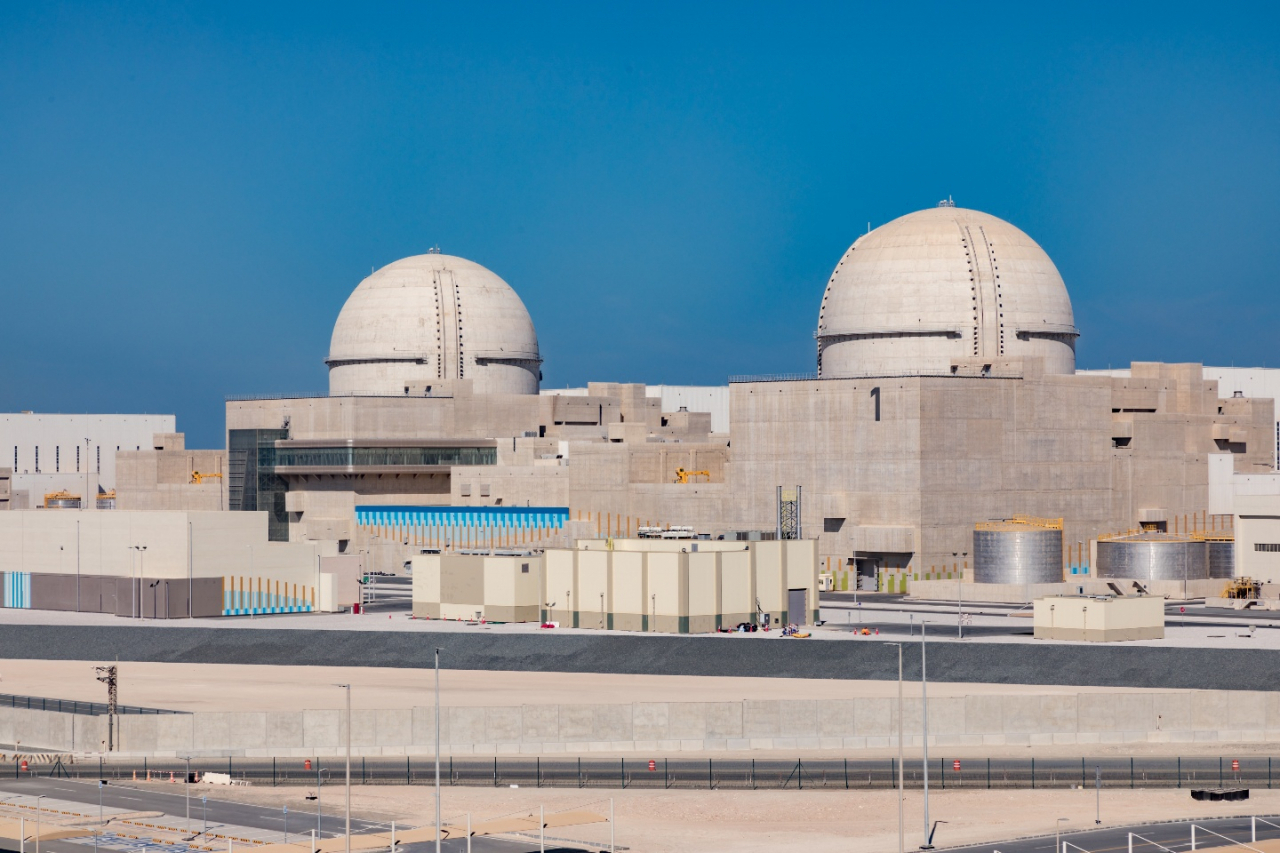No more hurdles for Korea's nuclear reactor exports?
KHNP heaves sigh of relief after US court ruling, but no immediate breakthrough in legal disputes with Westinghouse
By Lee Yoon-seoPublished : Sept. 20, 2023 - 18:02

A recent favorable ruling in the US may have lifted some pressure on South Korea regarding its export of nuclear reactors, but challenges remain as its US partner shows no sign of agreement in their ongoing legal disputes.
The District Court for the District of Columbia on Tuesday dismissed Westinghouse Electric Company’s lawsuit against Korea Hydro & Nuclear Power, ruling that the US energy firm -- which lacks the authority to enforce US nuclear technology export control requirements -- did not possess the legal rights to litigate against KHNP.
"The court holds that Westinghouse lacks a private cause of action to enforce Part 810 and therefore has failed to state a claim," read the Sept. 18 ruling from the District Court for the District of Columbia.
In October 2022, Westinghouse claimed KHNP’s nuclear reactor designs and technology, which were based on its own, were subject to Part 810 of the US Atomic Energy Act. Part 810 of the Atomic Energy Act specifies regulations regarding the sharing of technology for the production and usage of nuclear reactors between international entities.
During the lawsuit, Westinghouse made another allegation that KHNP’s reactors were developed based on Combustion Engineering’s System 80 -- which Westinghouse acquired in 2000 -- and therefore the intellectual properties of the reactors resided with Westinghouse.
However, in a countersuit, KHNP claimed that Westinghouse was not qualified to make such a statement. The authority to enforce the US Atomic Energy Act fell under the exclusive jurisdiction of the US attorney general, it claimed. KHNP also refuted during the suit that although its initial designs had been based on Westinghouse’s designs, its reactor technologies and designs had been developed enough since to be determined as original.
On Tuesday, the court ruled in favor of KHNP, and concluded that Westinghouse was ineligible to file a lawsuit against KHNP. The court did not comment on the claims that Westinghouse’s designs were used in KHNP’s APR-1400 reactors.
The litigation initiated by Westinghouse against KHNP came as the US firm aimed to prevent Korean companies from exporting their nuclear power plants. Currently, KHNP is in competition with Westinghouse for the construction of a 1.2-gigawatt Dukovany nuclear power plant in the Czech Republic. In October 2022, KHNP also signed a letter of intent with Poland's Ministry of State Assets to develop plans for the construction of at least two Korean-supplied APR-1400 reactors.
While the recent ruling did clear the path for KHNP to export its nuclear power plants, KHNP said via a statement that this did not signify the IP dispute between Westinghouse and KHNP has been solved.
Westinghouse and KHNP have long been involved in a dispute over intellectual properties regarding KHNP’s nuclear reactors. The matter is currently being handled by the Korean Commercial Arbitration Board.
In the meantime, Westinghouse hinted at filing an appeal, renewing its will to continue the legal battle.
"The decision by the US District Court merely holds that export control enforcement resides with the US government," David Durham, president of energy systems at Westinghouse, said in a statement sent to Yonhap News Agency on Wednesday.
However, an industry official said that this has lifted the pressure off of KHNP in facing its intellectual property dispute with Westinghouse. According to him, Westinghouse is attempting to increase its influence over KHNP through inciting various conflicts.
"The truth is Westinghouse wants to continue its partnership with KHNP for a long time," he said.
"Through such disputes and conflicts, the company may have been trying to gain the upper hand in the partnership. But the recent court ruling thwarted that.”
Another source also echoed the view, saying “KHNP has gotten out of one tunnel, out of many more to follow.”
“Regarding their IP disputes, they are more likely to reach an agreement through arbitration rather than escalating the ongoing disputes,” the official added.





![[KH Explains] No more 'Michael' at Kakao Games](http://res.heraldm.com/phpwas/restmb_idxmake.php?idx=644&simg=/content/image/2024/04/28/20240428050183_0.jpg&u=20240428180321)






![[Grace Kao] Hybe vs. Ador: Inspiration, imitation and plagiarism](http://res.heraldm.com/phpwas/restmb_idxmake.php?idx=644&simg=/content/image/2024/04/28/20240428050220_0.jpg&u=)







